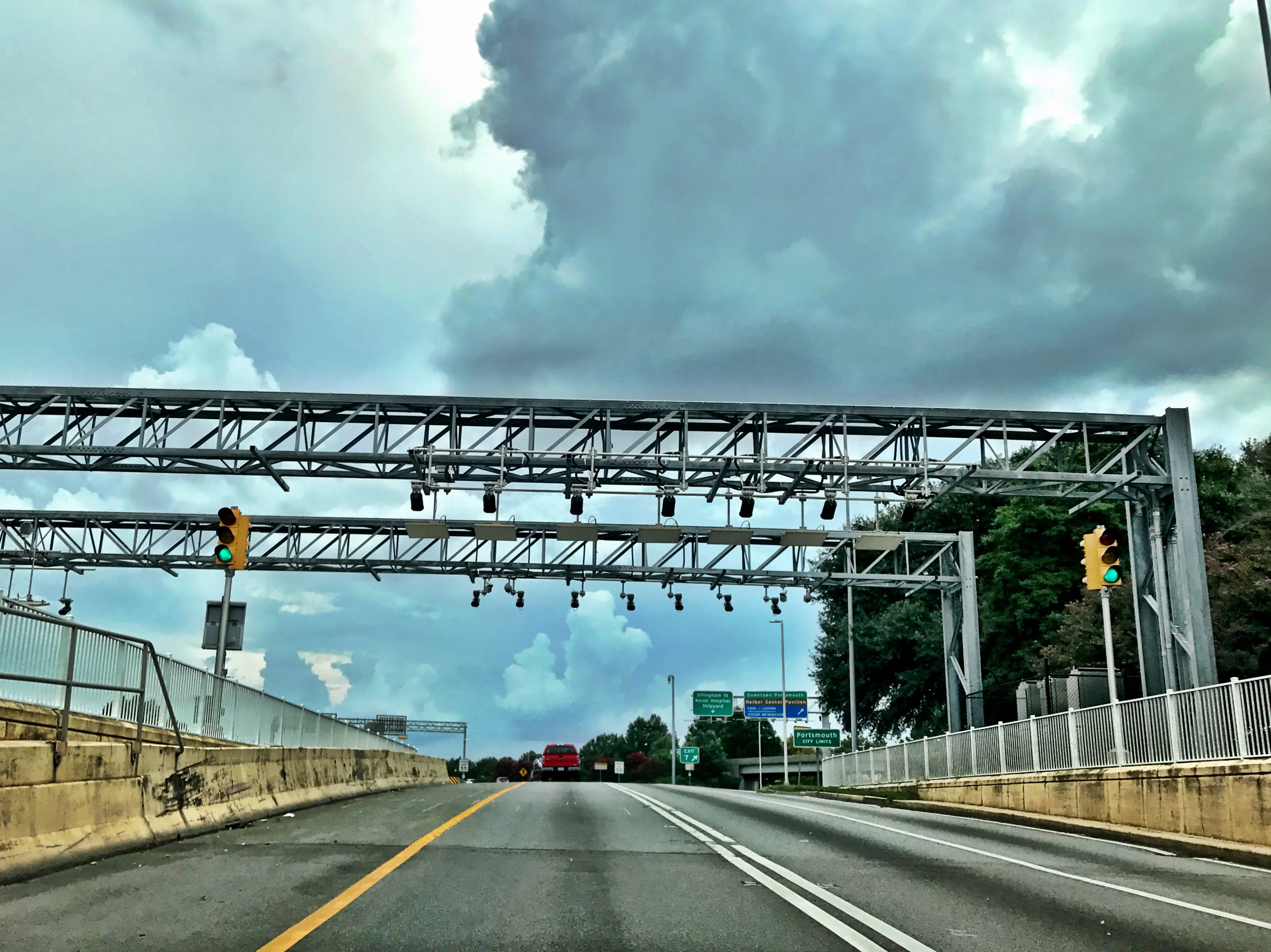
Oklahoma is set to become the latest US state to explore the potential of pay-per-mile road charging.
Oklahoma Department of Transportation's six-month pilot - called Fair Miles Oklahoma - will launch in July.
Drivers who volunteer to take part will have mileage reporting options, including an on-board device and telematics (if provided by the vehicle manufacturer).
The pilot will involve project management, implementation, participant onboarding, mileage collection, account management, reporting and data analysis.
Upon completion of the pilot, Oklahoma DoT will draft a report for state lawmakers, containing lessons learned for future policy decisions.
The Emovis pay-per-mile solution has already been rolled out in Oregon, Utah, Virginia and Washington.









